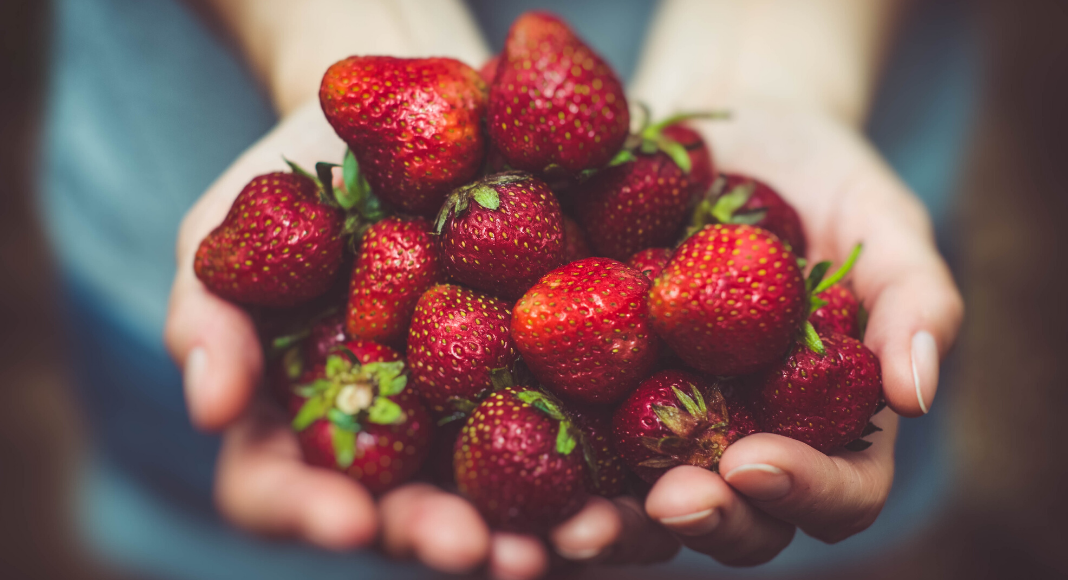This week (August 25 – August 31) marks the 10th Annual Black Breastfeeding Week!
Black Breastfeeding Week 2022: 10 Years, A New Foundation
I was fortunate enough to breastfeed both of my children for 2+ years. When I found out I was pregnant and started to learn about all the things, I had to consider whether I would even try to breastfeed. That’s when I learned that black women initiated breastfeeding less than other races. I also learned that the black infant mortality rate was quite high and that providing breastmilk and its nutritional benefits could decrease this risk.
This is why Black Breastfeeding Week is so important.

In fact, there are at least 5 reasons why we need this week:
- As I just mentioned, the high black infant mortality rate. In some locales, black babies are dying at two to three times the rate of white babies, due to disproportionate premature births, low birth weight and other medical conditions. The immunities and nutritional benefits of breastmilk could decrease infant mortality rates by as much as 50%.
- High rates of diet-related disease. Breastmilk is the best preventive medicine for respiratory infections, Type II diabetes, asthma, SIDS and childhood obesity. It is the most complete “first food”, setting the stage for a healthy life.
- Lack of diversity in the lactation field. Breastfeeding advocacy is predominately white and female, which reinforces the misperception that black women do not breastfeed. Also, many lactation professionals might not be culturally aware of the distinct cultural issues affecting a black woman’s feelings toward breastfeeding.
- Unique cultural barriers among black women: Black women have a unique cultural experience with breastfeeding, stemming from their role as forced wet nurses and caregivers to the children of slave owners (often to the detriment of their own children).
- “First Food” desert-like conditions in Black communities. Many black women cannot access support for the best first food: breastmilk. In other words, “[I]t is not fair to ask women, any woman, to breastfeed when she lives in a community that is devoid of support.” We all know breastfeeding is time-consuming and requires both physical and emotional support, particularly in the early days.
As you can see, the issues are complex and require thoughtful and careful consideration. By bringing our attention to these issues, we can find ways to improve conditions for black moms.
Look for events on the Black Breastfeeding Week Instagram. I’d love to hear your experience with breastfeeding in the comments below.














